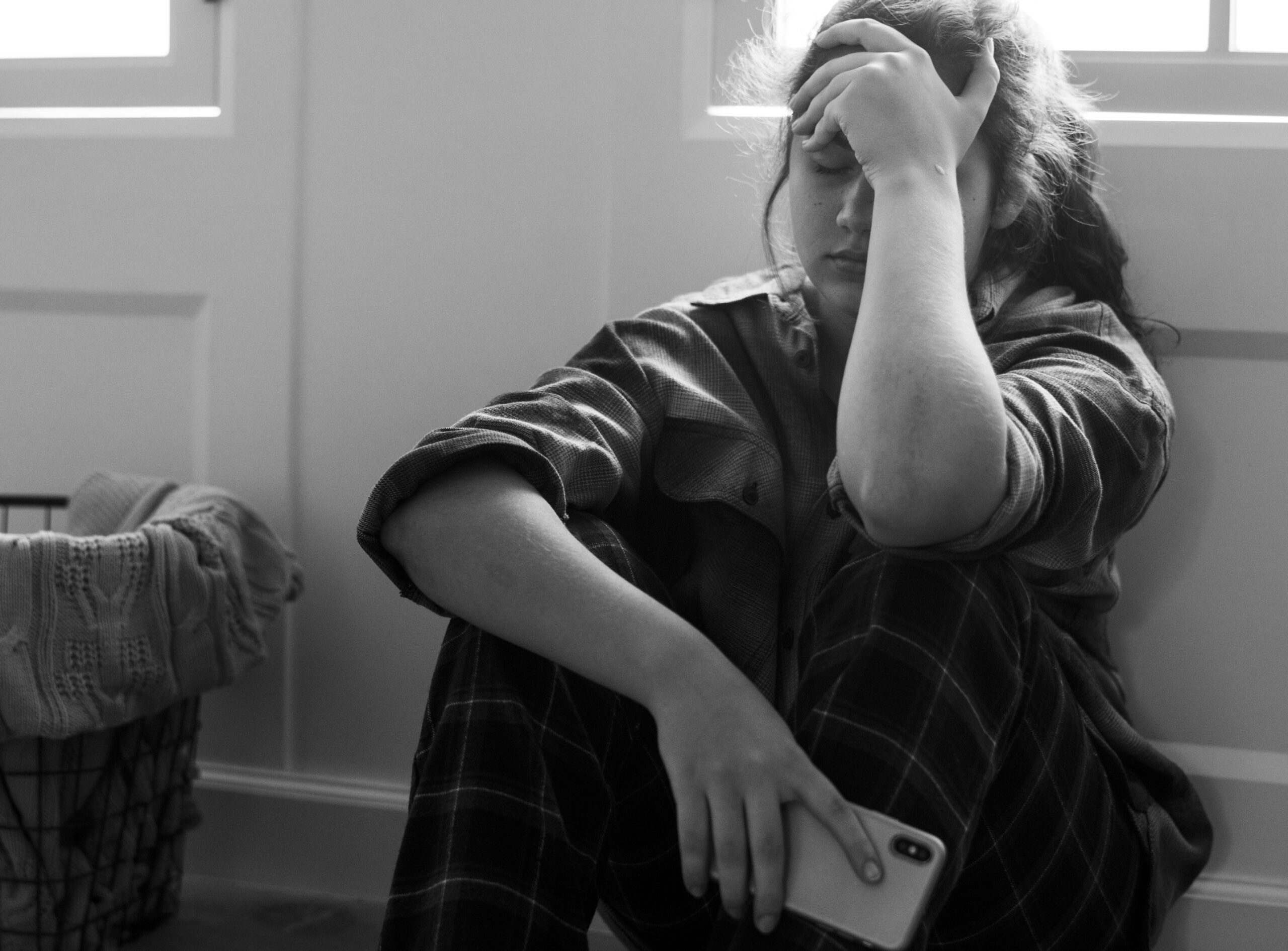Sextortion Is the Hidden Pandemic Impacting Young Kids and Teens
Back in 2018, we blogged about New York’s response to the increase in sexual extortion – also knows as “sextortion.” More recently, tragic cases have occurred where teens have died by suicide when sexually extorted. Now, the US government has updated its resources on sexual extortion in response to an uptick in the number of such cases.
What Is Sextortion?
Sexual extortion involves threatening to disclose intimate images. Specifically, scammers threaten to disclose the images unless they receive additional explicit images or money. In some cases, these photos and videos are traded as child sexual abuse images.
In Sextortion: The Hidden Panic, filmmakers cover an investigation by federal authorities. Specifically, the film shows how persons target victims on the internet for sexually explicit images, and how one individual was able to target children all over the world. The film is currently being shown in some theaters and is available on demand through several platforms.
Increase in Sextortion Cases
According to a recent press release from the federal government, last year law enforcement received more than 7,000 reports of child sextortion. Of these reports, this resulted in at least 3,000 victims, primarily boys. The press release also noted more than a dozen suicides. Additionally, authorities note many of the schemes originate outside the United States.
The government and NCMEC (National Center for Missing & Exploited Children) provide several tips for those who fall victim:
- Think before cooperating with or paying a scammer, as this rarely stops the blackmail and harassment.
- Report the scammer’s account via the platform’s safety feature.
- Block the scammer but do not delete the profile or messages. These can be helpful to law enforcement.
- Contact NCMEC (gethelp@ncmec.org or call 800-THE-LOST) to help get explicit images of you off the internet.
- Ask for help. This can be a very complex problem and may require help from adults or law enforcement.
Sextortion Cases in the News
One of the earliest cases that made the news was in 2013, when Daniel Chase Harris was arrested. In that case, Harris had posed online as a teenaged boy and would convince girls between the ages of 12 to 17 to send him explicit photos of themselves. After that, he would extort the girls to send additional images or risk him publicly sharing the images with her family or friends. The case caught the media’s attention as Harris was a “Top Gun” pilot for the Navy. After trial, Harris was convicted and sentenced to 50 years in prison, followed by lifetime supervised release.
More recently, in December 2022, authorities made an arrest in a sextortion case that was exposed after the teenaged victim ended his own life. Earlier in the year, 17-year-old Ryan Last shared an intimate photo with someone he had met online who posed as a girl. After that, the scammer demanded money from Ryan, threatening to make the photo public and send it to Ryan’s family and friends. Within hours, Ryan died by suicide.
New York’s Related Laws
In New York, Unlawful Publication of Sexual Images (Penal Law § 245.15) is class A misdemeanor offense. Specifically, it criminalizes an individual intending to cause harm by publishing images of an intimate sexual nature. Some call this the “revenge porn” law. The crime is punishable by up to one year in jail
However, laws specifically criminalizing sexual extortion have yet to be passed. While there has been proposed legislation creating such laws, there is currently no specific offense. Proposed legislation would criminalize a person forcing another to engage in sex acts or to expose intimate body parts with the intent of damaging the victim’s health or reputation if they fail to comply.
References:
- United States Department of Homeland Security, Immigration and Customs Enforcement, HSI, Federal Partners Issue National Public Safety Alert on Sextortion Scemes (Dec. 19, 2022). Available at: https://www.ice.gov/news/releases/hsi-federal-partners-issue-national-public-safety-alert-sextortion-schemes (last accessed Dec. 30, 2022).
- Federal Bureau of Investigation, How We Can Help You: Scams and Safety, “Sextortion.” Available at: https://www.fbi.gov/how-we-can-help-you/safety-resources/scams-and-safety/common-scams-and-crimes/sextortion (last accessed Dec. 30, 2022).
- United States Department of Homeland Security, Immigration and Customs Enforcement, Sextortion: It’s More Common Than You Think. Available at: https://www.ice.gov/features/sextortion (last accessed Dec. 30, 2022).
Image: Image by rawpixel.com

